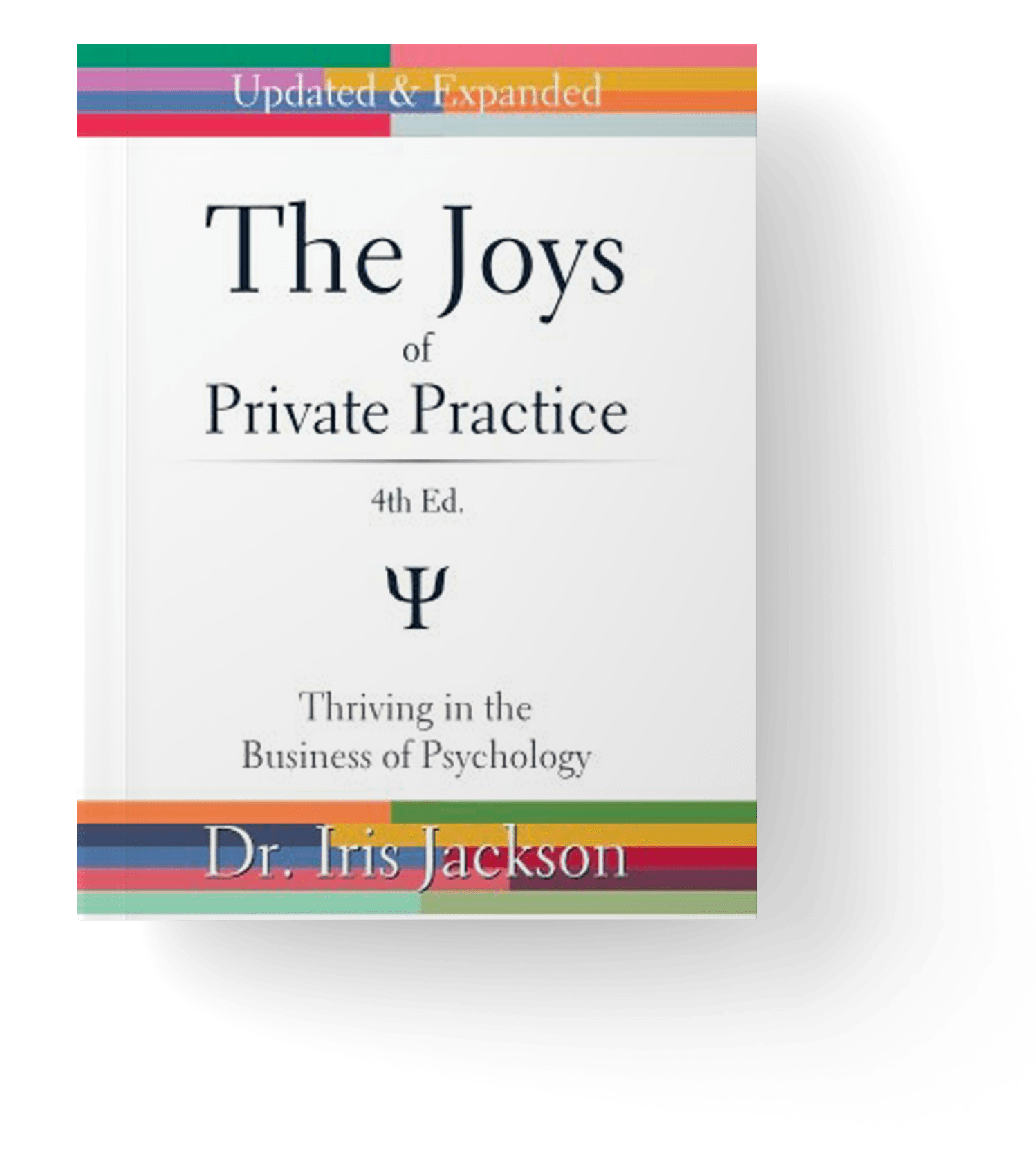Dr. Iris Jackson, C.Psych.
I am a doctoral level clinical psychologist, registered in Ontario since 1981 with declared proficiencies in assessing and treating adults and seniors, and doing individual and couples assessment, psychotherapy, and counselling. I have the competency to assess, diagnose, treat, and consult about most adult mental disorders as described in the DMS-5 and the ICD-11. I am the Founding Psychologist of Gilmour Psychological Services® which opened in 1983. In 2022, leadership of Gilmour Psychological Services was transferred to two of my colleagues.
Beginning in 1997, I added Independent Psychological Evaluations (IPEs) to my practice, being acknowledged as an Expert Witness in a court appearance that year and going forward. Also, I have many years of experience applying my knowledge of professional conduct and standards of care to the assessment of fitness to practice. I have been a “coach” for the College of Psychologists for some psychologists required to do an Undertaking imposed by the College. I have also supervised and taught psychotherapy, psychodiagnostic assessment, and psycho-legal assessment to colleagues and supervised practice psychologists. I am committed to the highest level of evidence-based and ethical psychological practice.
I earned my Honours B.A. in Psychology from the University of Alberta in Edmonton, graduating Magna Cum Laude. I received my M.A. and doctorate (Ph.D.) degrees from the University of Waterloo in Ontario. I earned my Proficiency Certificate in the treatment of alcohol and substance abuse disorders from the American Psychological Association’s College of Professional Psychology (1995 to 2018). I also earned my National (USA) Certification Commission for Addiction Professionals ’master’s degree (MAC) in Substance Abuse Disorders Counselling in 2018.
I have had intern and staff experience in psychiatric inpatient and outpatient hospitals, including the Kitchener-Waterloo Hospital’s (now Grand River Hospital) Child and Family Centre, the Royal Ottawa Mental Health Centre, and the Clarke Institute of Psychiatry (now CAMH) in Toronto, among others. I have also consulted to the Federal Ministry of Health, the Provincial Ministry of Corrections, and a regional centre for serious developmental delays. In addition, I have consulted to several drug and alcohol treatment centres, a milieu treatment centre and the Ministry of Heath’s First Nation and Inuit Health Branch’s Mental Health Program.
I am a member of The Canadian Psychological Association, the American Psychological Association, the Ontario Psychological Association, and the Ottawa Academy of Psychology. Relevant to my psycho-legal work, I am a member and sit on the Board of Directors of the Canadian Academy of Psychologists in Disability Assessment and I am a member of the Canadian Society of Medical Evaluators. I have received awards from the Ontario Psychological Association for my work with colleagues on the Regulated Heath Professionals Act and a Lifetime Achievement Award for my pioneering efforts to develop and facilitate ethical private psychological practices.
Currently, I am no longer seeing psychotherapy clients nor am I accepting new Independent Psychological Evaluations. I am currently completing some Psychological Assessment projects and generic opinion reports, and I will be available for any additional work on the current IPE cases in which I am involved.






